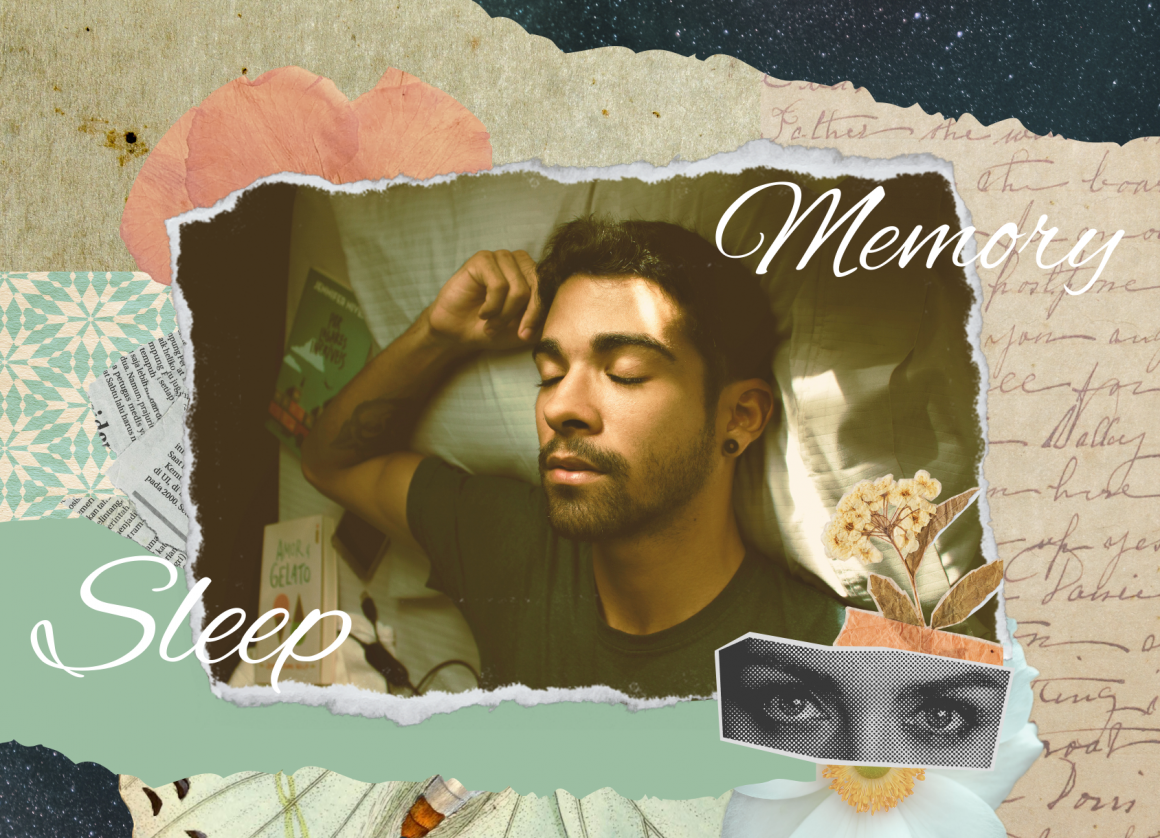
New study on sleep reveals risk of dementia
By Nimra Amir, December 19 2023—
Students are no strangers to the usual all-nighter or the drowsiness and grogginess you feel from your usual all-nighter — and while symptoms like this may seem like no big deal in the short term, there is a growing body of research that indicates the link between deep sleep and memory formation. A recent study published in JAMA Neurology, for example, found that in individuals aged 60 and up if there was even a one per cent reduction in deep sleep each year there was a significantly higher risk of developing dementia.
There were around 350 participants who completed two sleep studies. Over the two decades of follow-up, the team of scientists identified 52 cases of dementia among the participants. While the scientists did adjust for other factors like age, sex and sleeping medication use, they still found that each percentage decrease in deep sleep per year was linked to a 27 per cent higher dementia risk. This data cannot yet say if the sleep decline caused the dementia or if the dementia caused the sleep decline. However, it is not new knowledge that sleep is important to our mental functioning.
“Good sleep seems to be involved in so many things that are important for a healthy and well-functioning brain,” said lead researcher Matthew Pase, a sleep scientist from the Monash School of Psychological Sciences and the Turner Institute for Brain and Mental Health in Melbourne, Australia.
In fact, scientists have been exploring the link between sleep and our mental functioning for centuries. There have been studies that suggest that sleep deprivation mimics the feeling of being drunk, with an Australian study concluding that just one day of sleep deprivation is similar to the mental impairment of a blood alcohol concentration of 0.10 per cent. Still the link between sleep and our mental functioning as it relates to memories seems to be less about the amount of sleep we get but instead, more about the quality of sleep we get.
No matter how much or how little you sleep, everyone goes through the cycle of sleep stages. The first few minutes of your sleep will begin with light sleep but after, your heart rate and body temperature drop as you head into deeper sleep. That is until you enter the restorative period — or what scientists refer to as “slow-wave sleep” — when the brain repairs itself.
The latest study builds off of this to suggest that slow-wave sleep loss may be a dementia risk factor that people can actually try to mitigate. But Pase stressed his study does not prove getting less slow-wave sleep can cause dementia since memory loss also is linked with other conditions which may disrupt sleep, like living in brightly-lit hospitals or care homes.
“The question becomes: Is altered sleep the side effect of dementia itself? Or is altered sleep facilitating dementia?” said Canadian scientist Peever. “So a ‘chicken and the egg’ story that is always almost impossible to unravel.”
Dr. Eric Zhou, an assistant professor in the division of sleep medicine at Harvard Medical School, agreed the study was compelling but that researching sleep, and showing clear cause-and-effect on various health issues, remains challenging given the ethics of assigning healthy adults to “getting really miserable sleep,” he said.
“It’s not a blood draw,” Zhou continued. “It’s not one check of their pulse.”
To continue down the path of research, scientists will need to face these challenges before there is more conclusive evidence but until then, there has been emerging research that points in the direction that better sleep is worth striving towards.
